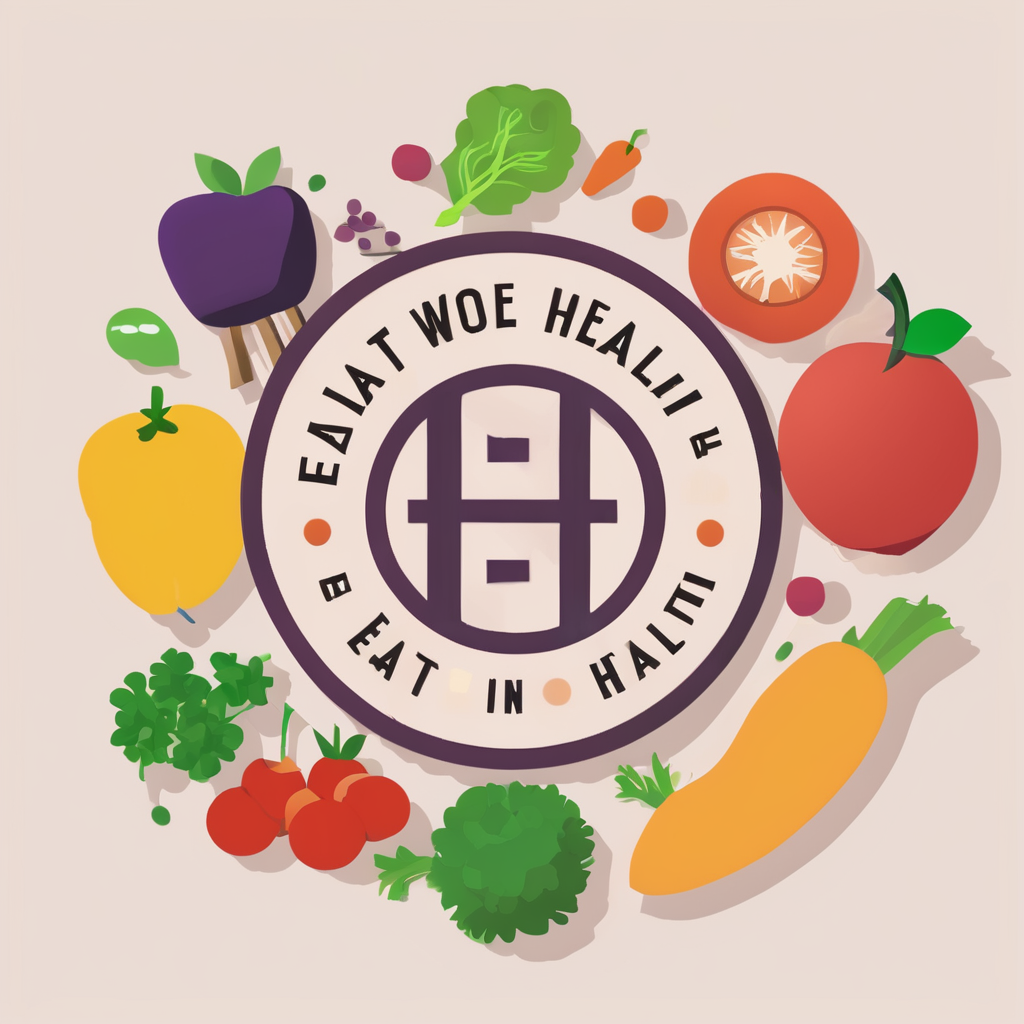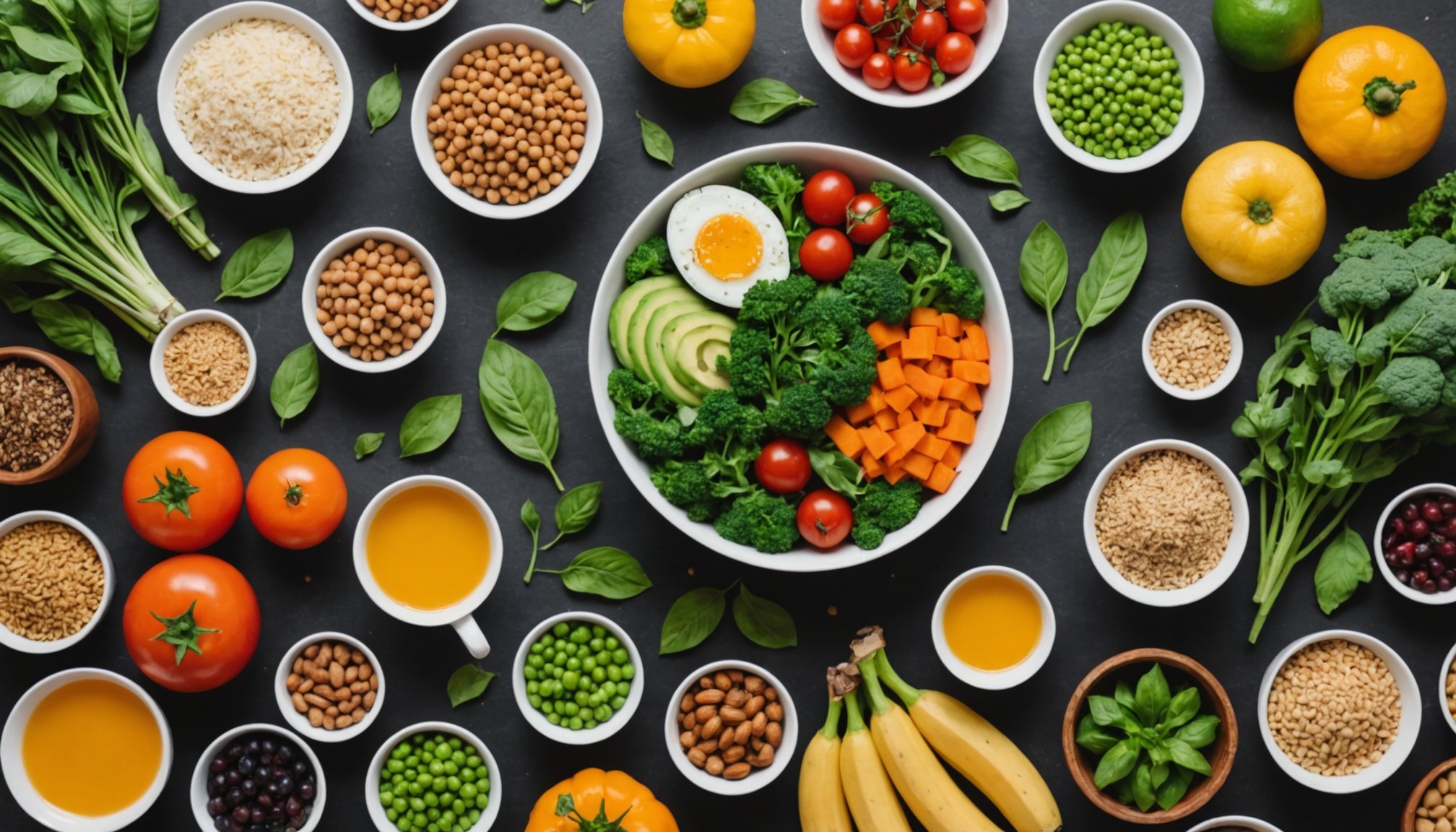Understanding Essential Nutrients for Vegan Pregnant Women
For pregnant women following a vegan diet, meeting nutritional needs is paramount to ensure the healthy development of the fetus. Unlike non-vegan women, vegans must pay particular attention to sourcing adequate levels of certain essential nutrients.
Differences in Nutrient Needs
While all pregnant women need to consume a range of vitamins and minerals, there are disparities between vegan and non-vegan diets. For instance, vitamin B12 is predominantly found in animal products, making it more challenging for vegans to obtain naturally. Supplementation or fortified foods are often necessary.
Also read : Essential Oral Hygiene Tips for Expecting Mothers in the UK: A Comprehensive Guide
Iron, another critical nutrient, is generally available in lower bioavailability from plant sources. Calcium intake also requires careful consideration, as dairy, a primary source for non-vegans, is not an option in vegan diets. Instead, vegans can look to foods such as fortified plant milk, almonds, and cruciferous vegetables.
Importance of Meeting Nutritional Requirements
Meeting these nutritional needs is crucial to fetal development, as deficiencies might lead to complications. It’s essential that vegan pregnant women monitor their nutrient intake diligently and seek guidance from healthcare professionals.
Additional reading : Discover the Latest Research: How Prenatal Music Exposure Enhances Developmental Benefits for Babies in the UK
Key nutrients such as omega-3 fatty acids, crucial for brain development, should be sourced from alternatives like chia seeds and algal oil. Being proactive in dietary planning can significantly impact the health outcomes of both mother and child.
Key Nutrients and Their Sources
Understanding nutrient sources is crucial for a healthy vegan pregnancy. It’s important to meet pregnancy nutrition needs effectively by integrating diverse vegan foods into the diet.
Protein Requirements and Vegan Sources
Protein is essential during pregnancy as it supports fetal growth and maternal health. Best plant-based protein sources for vegans include:
- Lentils
- Chickpeas
- Tofu
- Quinoa
To ensure adequate protein intake, consider incorporating a mix of these in daily meals. For instance, adding tofu to stir-fries or lentils to soups can boost protein levels significantly.
Iron and Calcium
Iron and calcium are vital for both mother and baby. Vegan pregnancy nutrition can be supported by including:
- Dark leafy greens like spinach and kale for calcium
- Beans and lentils for iron
To enhance iron absorption, pair with vitamin-C-rich foods such as bell peppers or oranges.
Omega-3 Fatty Acids
Omega-3 fatty acids are crucial for fetal brain development. Vegans should focus on sources like:
- Chia seeds
- Algal oil
These provide critical nutrients without reliance on fish or seafood. Consider consulting a healthcare professional for guidance on suitable supplements.
Health Risks and Dietary Recommendations
Navigating a vegan pregnancy requires careful attention to dietary guidelines to prevent potential health risks associated with inadequate nutrition. Vegan pregnancies, while generally healthy, can lead to complications if essential nutrients are not adequately sourced. This makes it crucial for expectant mothers to understand and meet their unique nutritional needs.
Throughout pregnancy, the Department of Health in the UK emphasises specific dietary recommendations for vegans to promote fetal health. Key suggestions include ensuring sufficient intake of vitamins such as vitamin B12 and D, often requiring supplementation. Additionally, monitoring nutritional status through regular check-ups with healthcare professionals can help in assessing potential deficiencies and making necessary dietary adjustments.
Healthcare professionals advocate for individualized dietary plans, tailoring nutrition based on specific requirements. This often involves increased protein, iron, calcium, and omega-3 fatty acids intake, aligning with the essence of vegan pregnancy nutrition.
Consequently, adopting a proactive approach in dietary planning not only aids in risk reduction but also facilitates healthy fetal development. Engaging with dietitians or nutritionists who have experience with vegan diets might be especially beneficial in developing comprehensive and balanced meal plans, further ensuring the well-being of both mother and child.
Vitamin and Mineral Considerations
Vitamins and minerals form the cornerstone of vegan health during pregnancy, ensuring that both mother and baby thrive. A couple of the most crucial vitamins include Vitamin B12 and folate, essential for foetal neural health and cell growth.
Vitamin B12 and Folate
For vegans, acquiring Vitamin B12 poses a challenge since it’s mainly found in animal products. This makes fortified foods like nutritional yeast and plant-based dairy replacements indispensable. Additionally, supplementation is often advised to meet daily requirements. Folate, vital for preventing neural tube defects, is naturally abundant in leafy greens, lentils, and citrus fruits.
Vitamin D and Iodine
Vitamin D is another significant factor, crucial for bone health. While sunlight exposure helps in synthesis, it may prove inadequate during gloomy months. Vegan sources can include fortified cereals and plant milks, coupled with supplements as a safeguard. Iodine, supporting thyroid function, can be harnessed from sea vegetables like seaweed and iodised salt, a simple yet effective addition to the diet.
Supplementation and Safety
Pregnant vegans might find supplements helpful in bridging nutritional gaps. However, it’s wise to adhere to safety guidelines to prevent excessive intake. Consulting healthcare professionals can ensure that chosen supplements fulfil dietary needs without compromising safety.
Practical Tips for a Balanced Vegan Pregnancy Diet
Navigating a vegan pregnancy diet with efficiency and care can enhance maternal and fetal health. Meal planning is fundamental, allowing for the macronutrient balance essential in a vegan pregnancy. Incorporating diverse vegan foods ensures comprehensive nutrition. Aim for variety, integrating essentials like grains, nuts, seeds, and legumes, addressing protein and essential nutrients requirements.
Meal Planning Essentials
To develop a balanced meal plan, focus on nutrient-dense choices that guarantee adequate intake of essential nutrients. For instance, combining whole grains with legumes can optimize protein and nutrient absorption. Tailor meal plans to align with nutritional needs, ensuring the inclusion of iron-rich greens and fortified foods for nutritional needs.
Quick and Easy Vegan Recipes
Selecting easy-to-prepare recipes can simplify maintaining a nutrient-rich diet. For example, prepare a lentil and quinoa salad enriched with leafy greens and seeds to boost protein and iron. Incorporating plant-based smoothies with fortified plant milks and berries also supports vitamin needs.
Resources and Community Support
Resourcing external support can aid in managing vegan pregnancy demands. Participating in online communities and support groups provides shared experiences and fosters new ideas for achieving dietary and nutritional needs during this critical time. Connecting with dietitians experienced in vegan health can offer personalized guidance.










